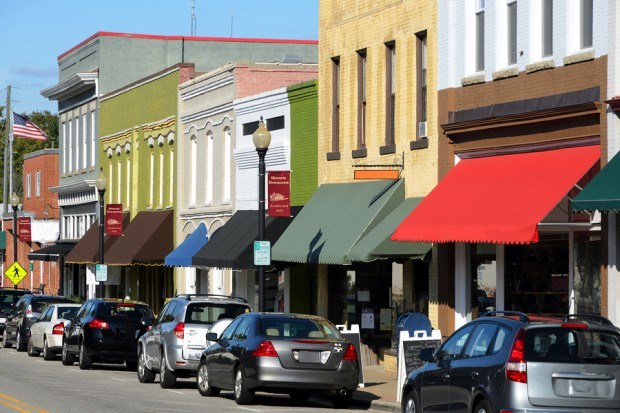 Claims involving libel, slander and violation of property – known as reputational harm in industry lingo – are the most expensive that small businesses are likely to experience. The most common: burglary and theft, The Hartford determined in a new analysis.
Claims involving libel, slander and violation of property – known as reputational harm in industry lingo – are the most expensive that small businesses are likely to experience. The most common: burglary and theft, The Hartford determined in a new analysis.
Based on a five-year look at data from more than 1 million property and liability policies, The Hartford compiled two lists focused respectively on the top 10 property and liability claims. The Connecticut-based mega-insurer said that data is important tool to have to enable independent agents can work with small business owners to minimize risk, especially in areas where they may not see risk coming.
“A small business owner can take steps to avoid these types of claims” including operating procedure modifications and following basic safety tips, John Kinney, chief claim officer at The Hartford, said in prepared remarks.
Reputational harm produced average claim costs of $50,000 for small businesses, The Hartford said. Close behind on the “most costly” list: vehicle accident claims, which landed at an average $45,000. Following that: fire ($35,000), product liability ($35,000), customer injury or damage ($30,000), wind and hail damage ($26,000), customer slip and fall ($20,000), water and freezing damage ($17,000), struck by object ($10,000) and burglary and theft ($8,000).
As far as the most common property and liability claims, burglary and theft impacted 20 percent of small business owners over the last five years. Water and freezing damage hit 15 percent, as did wind and hail damage. Fire and customer slip and fall claims each impacted 10 percent. Less than five percent of small business owners were impacted by customer injury and damage, product liability, struck by object, reputational harm and vehicle accident claims, The Hartford said.
The Hartford recommended a number of tips for small businesses to avoid claims in these areas, including the use of background checks and fencing/gates around a business and parking areas; don’t criticize competitors publicly or to customers; keep excessive snow and ice off roofs, keep a current emergency preparedness plan, and don’t provide incentives to drivers for speedy deliveries.
Source: The Hartford





















 Telematics and Trust: How Usage-Based Insurance Is Transforming Auto Coverage
Telematics and Trust: How Usage-Based Insurance Is Transforming Auto Coverage  Focus on Ski Guides After Deadly California Avalanche Could Lead to Criminal Charges, Civil Suits
Focus on Ski Guides After Deadly California Avalanche Could Lead to Criminal Charges, Civil Suits  The Future of HR Is AI
The Future of HR Is AI  Is Risk the Main Ingredient in Ultra-Processed Food?
Is Risk the Main Ingredient in Ultra-Processed Food? 




